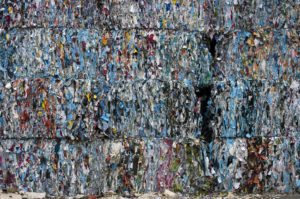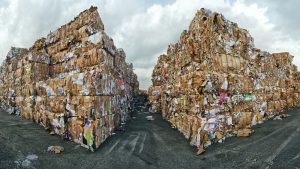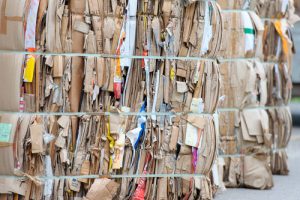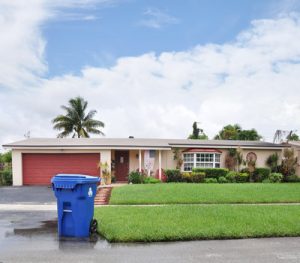 Chicago wants to better educate residents of a neighborhood posting a 6 percent diversion rate, and two reports calls on Michigan lawmakers to take steps to boost recycling.
Chicago wants to better educate residents of a neighborhood posting a 6 percent diversion rate, and two reports calls on Michigan lawmakers to take steps to boost recycling.

 Chicago wants to better educate residents of a neighborhood posting a 6 percent diversion rate, and two reports calls on Michigan lawmakers to take steps to boost recycling.
Chicago wants to better educate residents of a neighborhood posting a 6 percent diversion rate, and two reports calls on Michigan lawmakers to take steps to boost recycling.
 A coalition of public and private partners have formed the Ontario Circular Economy Innovation Lab (CEIL), an effort to coordinate recycling and packaging stakeholders.
A coalition of public and private partners have formed the Ontario Circular Economy Innovation Lab (CEIL), an effort to coordinate recycling and packaging stakeholders.
A bill introduced in Ontario would implement full extended producer responsibility for paper and packaging products as the province pushes to increase diversion rates and combat climate change.
 Ontario lawmakers last week passed a bill mandating producers to pay the full costs of recycling printed paper and packaging. However, many specifics of the recovery system, which will target a wide range of plastic products, have yet to be determined.
Ontario lawmakers last week passed a bill mandating producers to pay the full costs of recycling printed paper and packaging. However, many specifics of the recovery system, which will target a wide range of plastic products, have yet to be determined.
 Brand owners will have to cut bigger checks over the next year to support curbside recycling in Canada’s most populous province.
Brand owners will have to cut bigger checks over the next year to support curbside recycling in Canada’s most populous province.
 In its first full year of operation, British Columbia’s printed paper and packaging recycling program notched a 77 percent recovery rate, beating the target set by the government.
In its first full year of operation, British Columbia’s printed paper and packaging recycling program notched a 77 percent recovery rate, beating the target set by the government.
 The product stewardship group at the center of British Columbia’s recently reshaped curbside program has taken on a new moniker.
The product stewardship group at the center of British Columbia’s recently reshaped curbside program has taken on a new moniker.
 For the second year in a row, U.S. paper recovery marked a record high in 2016. Use of recycled paper is also marking a new milestone in Canada.
For the second year in a row, U.S. paper recovery marked a record high in 2016. Use of recycled paper is also marking a new milestone in Canada.
 California regulators are signaling they may want a mandatory program covering end-of-life management for packaging, and a workshop next week will explore what the details could look like.
California regulators are signaling they may want a mandatory program covering end-of-life management for packaging, and a workshop next week will explore what the details could look like.

Laura Phillips, Walmart’s vice president of corporate affairs and sustainability, speaks at the company’s recent sustainability summit.
The world’s largest retailer has identified packaging recyclability as a key component of Project Gigaton, its recently announced effort to reduce greenhouse gases in its supply chain.
